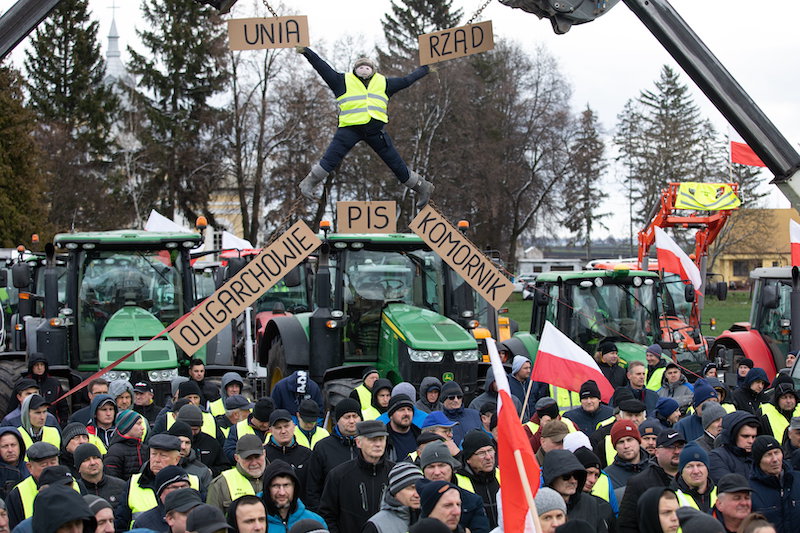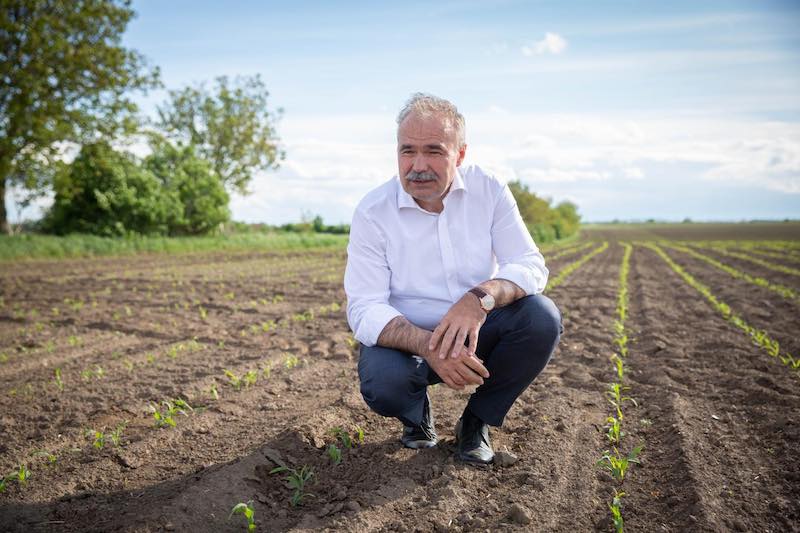“We will not allow Ukrainian grain into Poland after 15 September even if the EU is against this. The interests of the Polish farmer are of the highest importance to us,” stated Robert Telus, the Polish Minister of Agriculture.
The EU ban on imports of Polish grain will expire in mid-September and the Polish government should lift all barriers from this moment. But the ruling Law and Justice (PiS)-led government is not planning to do so.
One reason for this refusal is that the Polish market was flooded with Ukrainian grain last May. Polish farmers could not sell their homegrown grain, which lay unwanted in warehouses.
At that time, Ukrainian grain was only supposed to transit Poland, but most likely some Polish companies decided to bring it to the local market. Inspections showed the grain was low quality, and the Polish prosecutor’s office is now investigating what happened.
But the whole case has a strong political background due to the upcoming parliamentary election in October. The issue of grain imports has caused discontent among farmers, without whose support the ruling Law and Justice party will not win the crucial vote.
PiS also has to compete with the far-right Confederation party, which is in third place in the polls, and adopts an anti-Ukrainian stance. This is why the Law and Justice politicians are determined to block the import of Ukrainian grain.
The government is willing to maintain this ban, even if it turns out to be in contravention of EU law. It is likely that the European Commission will then impose financial penalties on Poland. The cost of this challenge will likely be borne by the citizens.
After all, for reasons of political wrangling with Brussels, Poland has still not received funds from the Recovery Fund.






